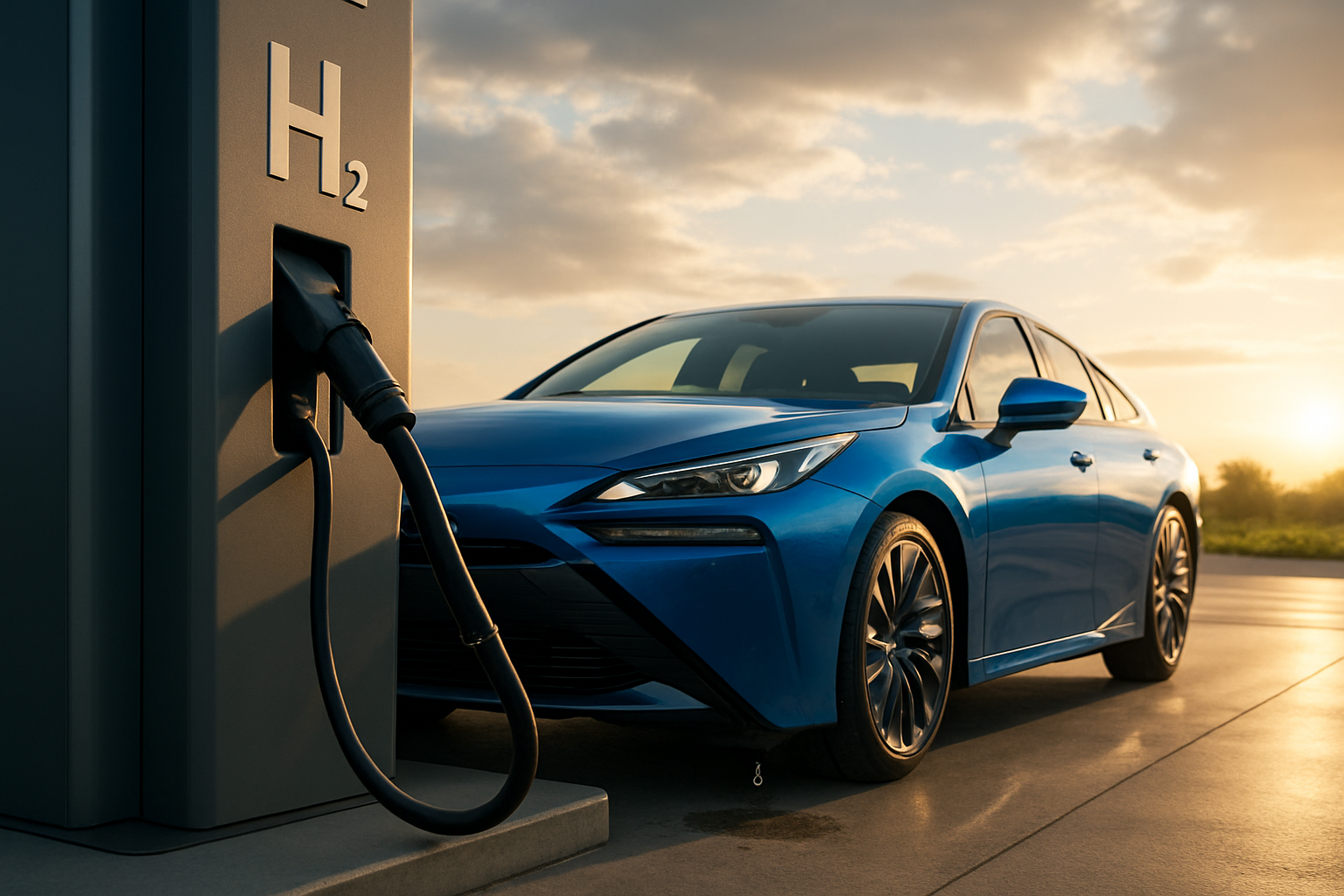Rallying to the Future: The Exciting New Era of Hydrogen Fuel Cell Cars
Are you ready for a trip into the future? One where the roar of engines is replaced by the quiet hum of electric motors? Where exhaust pipes emit nothing more harmful than pure water? Welcome to the world of hydrogen fuel cell cars, a revolutionary technology that promises to reshape our driving experiences and the automotive industry at large.

A New Chapter in Automotive History
The concept of a hydrogen-powered vehicle is not exactly new. The idea had been toyed with as far back as the 1960s, but it was always viewed as a far-off proposition, more science fiction than reality. However, rapid advancements in the last decade have brought this technology to the forefront, with several automakers now offering hydrogen fuel cell vehicles (FCVs) to consumers.
Current Trends and Industry Insights
As we step into the new decade, the global automotive industry is poised for a seismic shift. Hydrogen FCVs, once seen as a distant dream, are now increasingly becoming a reality. Companies like Toyota, Honda, and Hyundai have already launched their own FCVs, signaling a strong industry shift towards this sustainable fuel source.
The promise of zero-emissions driving, combined with a fast refueling time akin to traditional gasoline vehicles, positions hydrogen FCVs as a compelling alternative to both conventional cars and electric vehicles.
The Impact and Future Prospects
The impact of hydrogen FCVs is multi-dimensional. Environmentally, they offer a solution to the pressing issue of vehicle emissions contributing to climate change. Economically, they could disrupt the existing dynamics of the oil industry and potentially create a new hydrogen economy.
However, the road to a hydrogen-powered future is not without challenges. Infrastructure for hydrogen refueling is still in its nascent stages, and the cost of producing hydrogen fuel needs to be significantly reduced to make it a viable alternative.
In Depth: How Hydrogen Fuel Cell Cars Work
At its core, an FCV is an electric vehicle. But instead of a large battery pack, it uses a fuel cell to generate electricity from hydrogen. This electricity then powers the electric motor that drives the wheels. The only byproduct of this process? Pure water, which is emitted from the vehicle’s tailpipe.
The Road Ahead
While hydrogen fuel cell vehicles still have hurdles to overcome, they represent an exciting new chapter in automotive history. As technology advances and infrastructure develops, hydrogen has the potential to play a crucial role in our transition towards sustainable transportation. So, buckle up and prepare for a thrilling ride into the future of driving.





